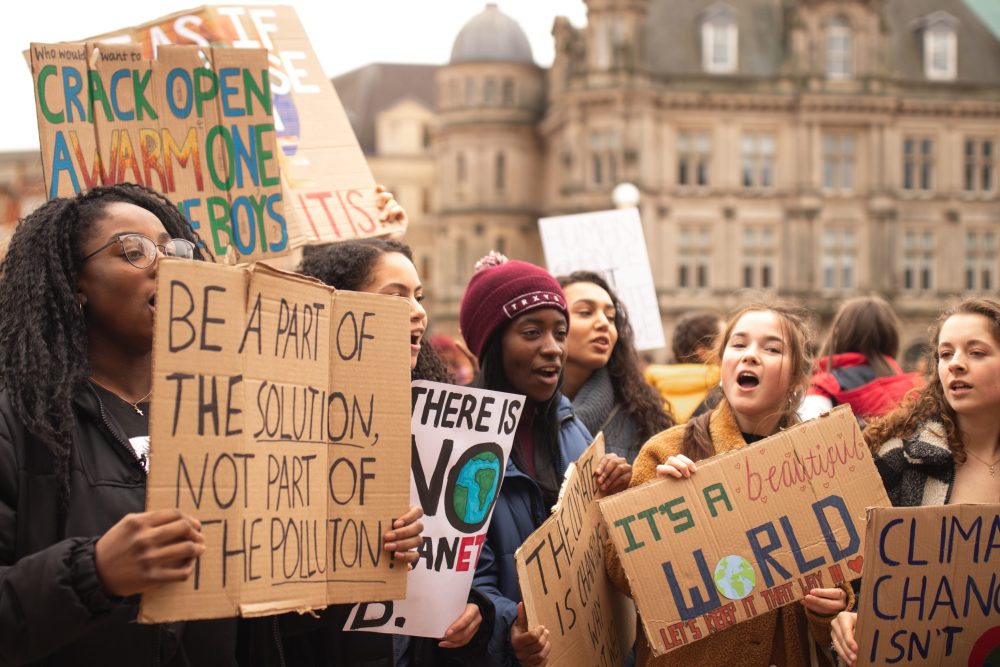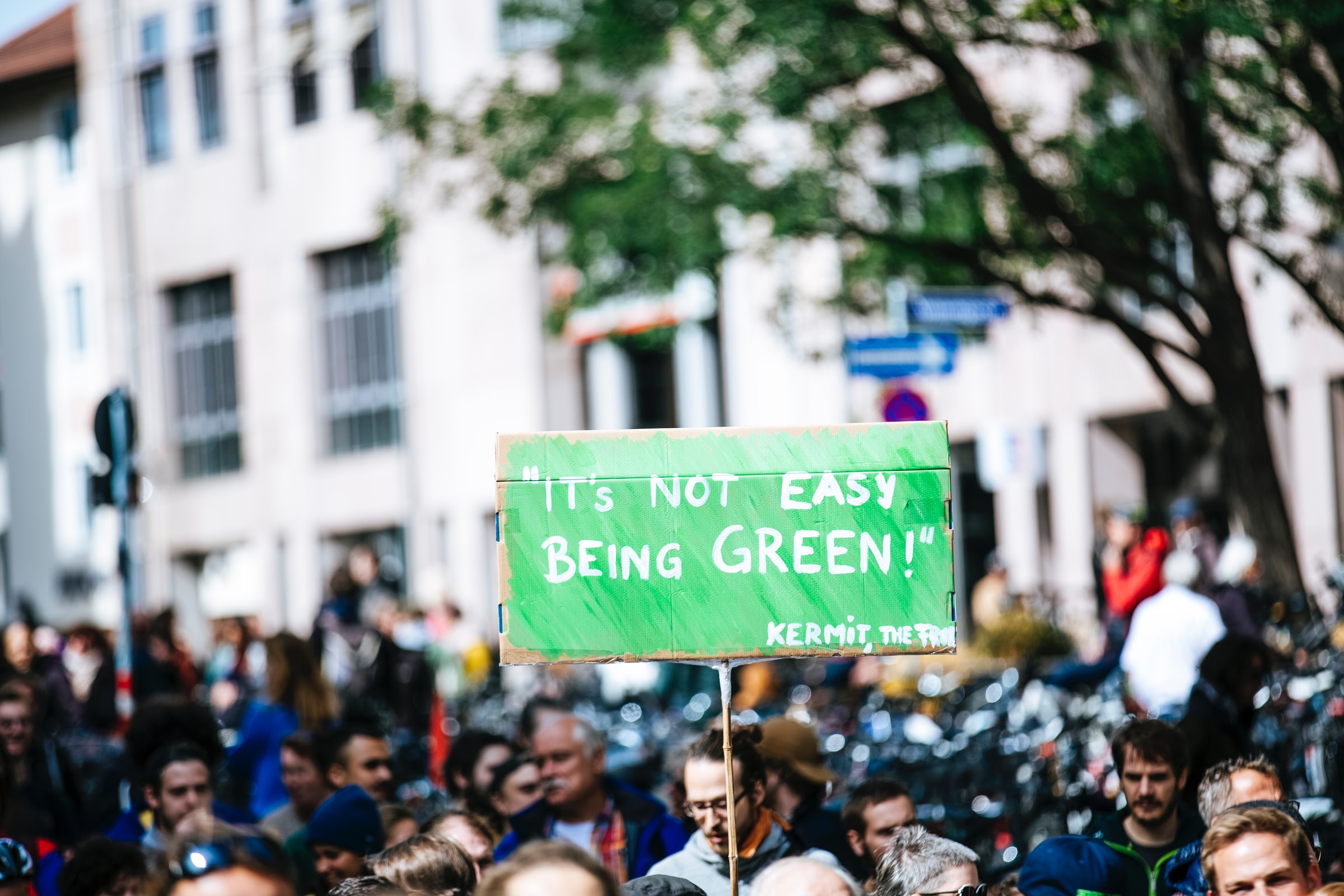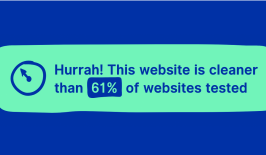A global pandemic, economic recession, climate catastrophe, and wars have younger generations ‘deeply concerned’ about the state of the world. And while Millennials and Gen Z — those aged between roughly 19 and 39 — have long pushed for social change, many now feel financial anxiety about being priced out of environmentally sustainable choices.
Emphasis on Climate Action is Growing
It should be no surprise that climate change continues to be a top concern for younger generations – younger implying, of course, the burden of being around to deal with the consequences. A UN report found that without action, climbing temperatures could imperil 3.6 billion people with city flooding, water scarcity, and famine. Roughly two-thirds of those surveyed mentioned that they have already been personally impacted by severe weather events, emphasising the need for urgent action.
Millennial and Gen Z have long agitated for change, but many now feel the world is at a pivotal moment. According to the survey, the vast majority (90 percent) among these are making at least some effort to reduce their own impact on the environment. This includes:
- Small everyday actions like buying second-hand clothes and recyclable items, or sourcing local and organic food.
- Paying more to make sustainable choices – 64 percent of Gen Zs would pay more to purchase an environmentally sustainable product compared to 36 percent who would choose a cheaper product that is not as sustainable.
- Pledging to invest in solar panels and electric vehicles in the future despite current financial constraints.
Millennials and Gen Zs around the world are determined to engage others on society’s most pressing issues. They believe businesses and governments lack the necessary conviction and many are pushing their employers to take action; less than a fifth of those surveyed believe their employers are strongly committed to fighting climate change. Young leaders want employers to prioritise tangible climate actions such as banning single-use plastics and providing training to help employees make better environmental decisions.
Cost of Living is a Top Concern
This year, cost of living surpassed climate change as the most unnerving issue among younger generations. Getting by day-to-day is increasingly difficult to guarantee, let alone retiring comfortably.
- About a quarter of Gen Z (25 percent) and Millennials (21 percent) say they cannot comfortably pay their living expenses each month.
- Around three-quarters of Gen Z (72 percent) and Millennials (77 percent) agree that the gap between the richest and poorest people in their country is widening.
Saving money on expenses like commuting, clothes, dry cleaning, and more is one of the main reasons many young people prefer hybrid or remote work. Some are even taking advantage of remote work to relocate to less expensive cities.
Decision-Makers Must Listen – and Act
Two generations of young people are gravely unsettled about the future of the planet and their ability to pay to live on it. It is a mood around which governments and large corporations must enact policies to achieve sustainable outcomes. Citizens’ demands for greener technologies and responsible use of resources cannot go unanswered. The responsibility of decision-makers is heightened by the harsh reality that many young people do not feel financially fit to make climate-positive decisions. One key to solving this challenge is to offer financial incentives for community-driven green energy networks.









